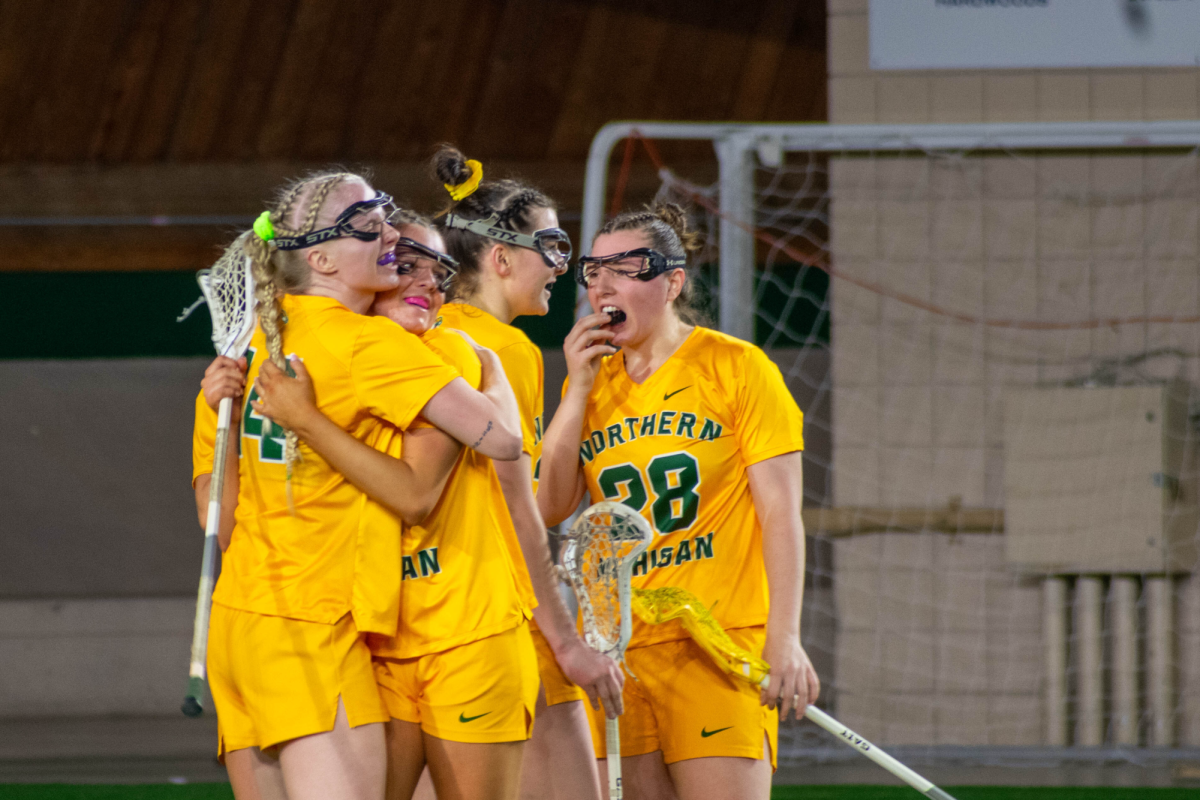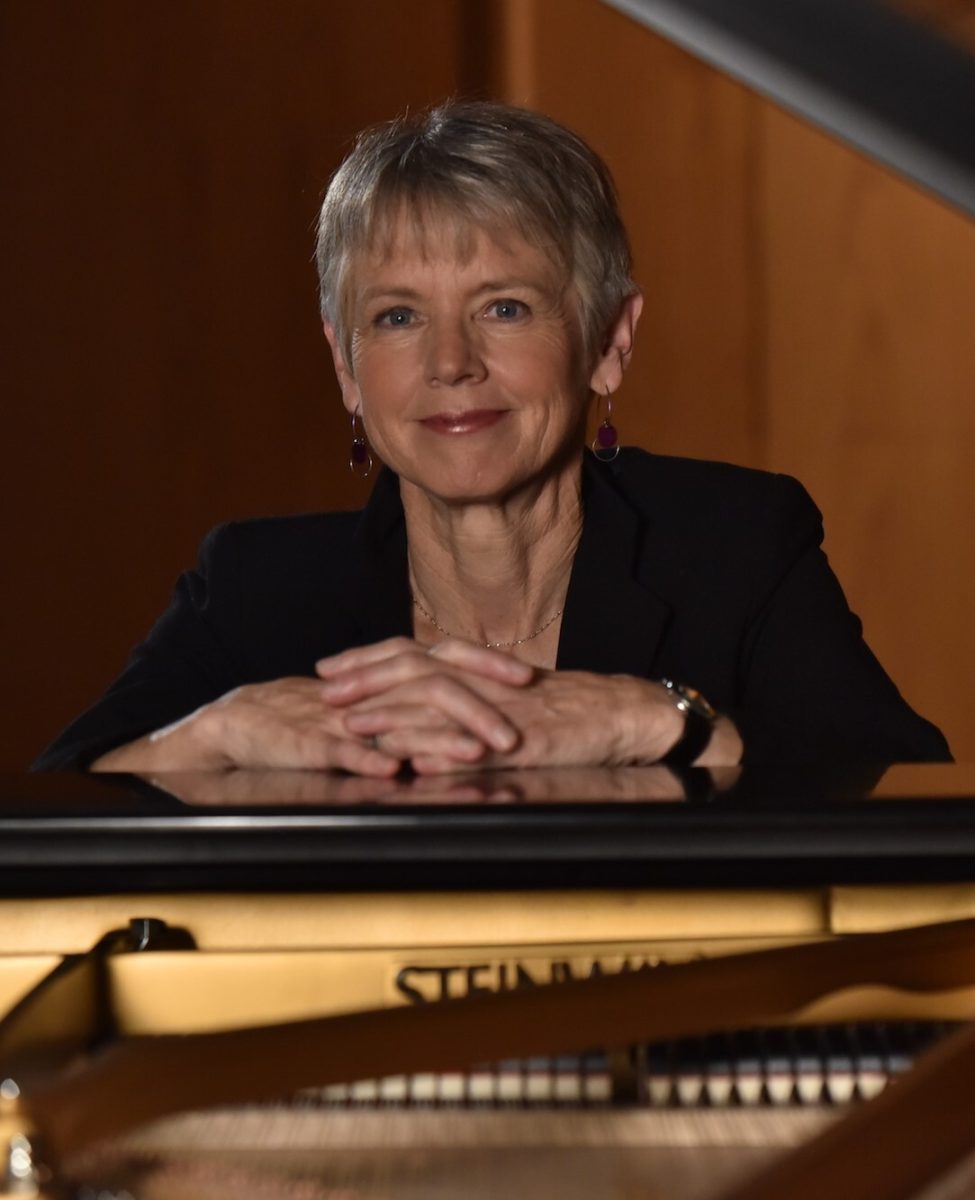NMU students, partnered with Marquette General Hospital, are making cutting edge advancements in the field of brain tumor research.
The Upper Peninsula Brain Tumor Center was conceived in 2005 with interest in developing laboratory research in addition to pursuing clinical advancements, said Dr. Richard Rovin, of MGH.
Rovin added that the actual research is being done in Northern’s biology department, which helps cancer patients feel more confident in their treatment program.
“We really have a much more firm genetic and molecular understanding of what is going on in relation to a patient’s tumor,” he said. “I think they really appreciate knowing that. It’s easy to say that research is going on at Duke or UCLA, but to know that we are doing it here really helps them feel much more positive toward their treatment.”
He added that having a lab so close to the hospital is beneficial when uncertainties arise.
“If we have a question on the clinical end, we can come to the lab and try to solve it,” Rovin said. “I think that’s really helped us so far.”
The research is focused on understanding the genetics of the tumors and why some resist chemotherapy, Rovin said.
He explained that an enzyme known as MGMT repairs damage to cells, which is a good thing in most cases, but when a patient is given chemotherapy, sometimes the MGMT repairs the cancer cells that the chemotherapy destroys.
“If the cancer cell produces MGMT, then it’s like an antidote to the chemotherapy,” Rovin said. “By decreasing the amount of MGMT in a cell, those cells are more receptive to chemotherapy.”
Robert Winn, Ph.D. and interim head of the biology department at NMU, said the student researchers are looking for a way to give the enzymes an alternate route away from the cancer cells that have been treated by chemotherapy.
“(We’re looking for) an alternate substrate we can put in so that the enzyme would be busy dealing with it instead of fixing the damage of the chemotherapy,” he said. “So, we’re trying to distract the enzyme so the chemotherapy has a chance to work.”
Winn said the research has also delved into the genetic make-up of brain tumors and that the hope is to know the exact genetic profile of a tumor as quickly as possible.
“Before the surgery to remove the brain tumor even ends, we want to be able to know its genetics,” he said.
Winn explained that this would help the physicians to know what kind of drug to give the patient while the tumor is in a vulnerable state, helping to minimize damages to other parts of the brain and maximize the effectiveness of the treatment.
Jessica Karasiewicz, senior biology and science technology major, said she has been working with Winn on the brain tumor research for two years. She explained that every brain tumor is unique, and the research they are doing will help to find those unique characteristics.
“Overall, our lab (and MGH) is trying to personalize treatment for brain tumor patients because each tumor can express different proteins and therefore would benefit from different treatments,” Karasiewicz said. “Personalizing treatment would give patients extended survival times and would keep them from using ineffective drugs.”
Also working in the cancer lab is Trisha Sippel, second year graduate student and biology and biochemistry major. She said she is not working specifically on the brain tumor research, but rather her own project involving breast cancer, and even though her project is different, she has benefitted from the experience gained from the group as a whole.
“It’s pretty amazing to think that your research could someday lead to a new therapy that could save someone’s life,” she said. “The lab has definitely gotten closer to that goal through the collaboration with Dr. Rovin and the hospital.”
Sippel added that the student researchers realize the significance of their research and are trying to keep it cutting edge.
“We have lab meetings each week in which we go over recently published journal articles to keep track of the latest developments in cancer research,” she said. “It’s also a good reminder that the research we’re doing is innovative and important.”
The research, so far, is entirely self-funded by donations and fund raising, Rovin said. To find out more about fund raising activities or to make a donation visit www.hopestartshere.org.























